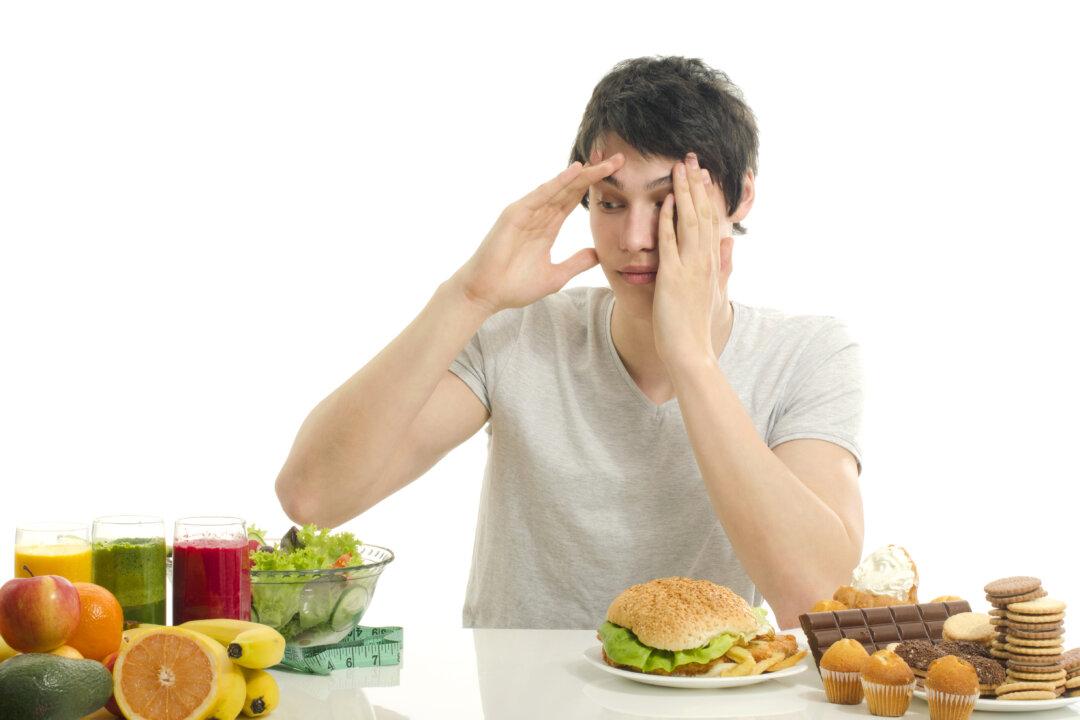Why do we keep repeating unhealthy lifestyle patterns? Why do we eat foods that
we are allergic to, binge and overeat, overindulge in alcohol, or abuse our bodies
with junk food?
One answer may be the “NIC” syndrome“, or ”No immediate consequence”
syndrome. There is no “immediate consequence” most of the time when we do
things that are not good for our body. Even though these “NIC” issues may seem
small, they can eventually have a huge negative impact on us in the long run.
The power of immediate consequences
We know that if someone walks out in front of a moving bus, it would have an immediate
consequence - a powerful incentive to not do something that is harmful to us.
Integrating this same powerful incentive into our everyday health choices is
one of the key factors.
How can we find a way to increase our incentive to make a positive change in
the areas that need improvement? Awareness.
Being conscious and totally aware of our actions when we fall into this
“self-sabotage” mode is a way to feed our incentive, thus making it more powerful.
In addition, I feel that the guilt that we feel after making a bad choice is one of the
factors that “numb” us out, and thus so, it generates an unpleasant feeling.
That unpleasant feeling is something we usually run from, and the easiest way
to do that is run to a comfort food, or a vice to cover up that feeling.
It’s a circular pattern.
Dropping the guilt
If we can let go of the guilt associated with making a bad food choice, I feel
that this can be one way to achieve an incentive boost.
For example: If I ate a quart of ice cream and 2 brownies tonight, obviously, I would
increase my bliss, but afterwards, I would feel guilty and say to myself, “WHAT was I thinking?”
A better approach would be to say to myself, “Wow, that ice cream and brownie
meal was awesome! I know eating healthy is important to my health, so next
time I'll make a wiser decision and eat a smaller or healthier treat.”
I know that this may sound sarcastic and funny, but it’s the first step in being
“aware” and letting go of the guilt.
Really pay attention to what you are doing
A friend of mine told me how he quit smoking in an unusual way.
He said that each time he lit up a cigarette, he really focused on the experience
without any particular emotion, paying attention to each puff, feeling the smoke
enter and leave his lungs, like an awareness meditation. He lost the desire
to smoke after a week!
Similar to what my friend experienced, it’s also important to really focus
on a poor food choice - every detail to really feel the
sensation and really live it. While eating those brownie’s and ice cream, hone in
on the experience with total immersion - taste, smell, texture. This will help to
overcome the “numbing” effect from guilt and help you move into a better choice
next time, or, maybe the time after.
You may be thinking that this could have the opposite effect, but give it a try.
Lose the “NIC” syndrome
Being conscious and aware of your actions without accompanying it with
guilt will help you focus more on making your incentives more powerful, and slowly,
the “NIC” syndrome will have less value.





